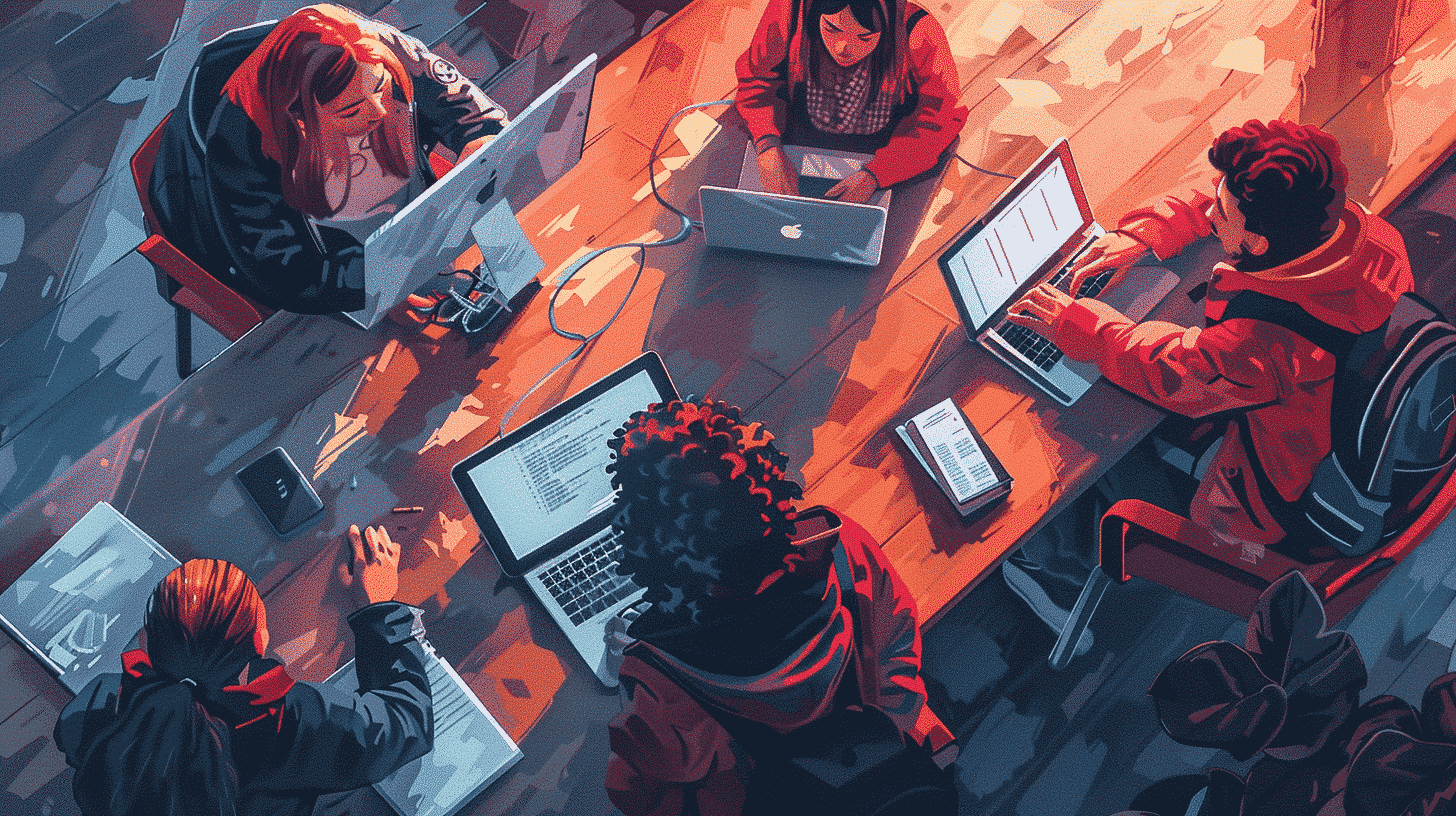Understanding the Romanian Language and Its Greetings
Romanian is a Romance language primarily spoken in Romania and Moldova, with over 24 million native speakers. It shares similarities with Italian, French, Spanish, and Portuguese, yet retains unique Slavic and Balkan influences. Greetings in Romanian are a fundamental aspect of communication, reflecting cultural nuances and social etiquette. Learning how to say hello in Romanian is the first step toward engaging meaningfully with Romanian speakers.
Why Greetings Matter in Language Learning
- First Impressions: Greetings are often the first interaction and can influence how conversations unfold.
- Cultural Insight: They provide a window into cultural norms and values.
- Building Rapport: Knowing local greetings helps build trust and friendliness.
- Practical Use: Essential for travelers, students, and professionals engaging with Romanian speakers.
How to Say Hello in Romanian: Basic Phrases
Romanian offers several ways to say hello, depending on the time of day, formality, and context. Here are the most common greetings you should know:
1. Bună
Pronunciation: [boo-nuh]
- Meaning: “Hello” or “Hi”.
- Usage: Informal and friendly greeting used throughout the day.
- Context: Suitable for friends, peers, or casual encounters.
2. Salut
Pronunciation: [sa-loot]
- Meaning: “Hi” or “Hello”.
- Usage: Informal greeting, often used among younger people or acquaintances.
- Note: Similar to the French “Salut”, reflecting Romanian’s Romance roots.
3. Bună Ziua
Pronunciation: [boo-nuh zee-wah]
- Meaning: “Good day”.
- Usage: Formal or polite greeting used during daytime.
- Context: Appropriate in professional settings or when addressing strangers respectfully.
4. Bună Dimineața
Pronunciation: [boo-nuh dee-mee-neh-ah-tsa]
- Meaning: “Good morning”.
- Usage: Used in the morning hours until noon.
5. Bună Seara
Pronunciation: [boo-nuh seh-ah-rah]
- Meaning: “Good evening”.
- Usage: Used in the evening hours.
6. Noapte Bună
Pronunciation: [noap-teh boo-nuh]
- Meaning: “Good night”.
- Usage: Used when parting at night or before going to sleep.
Formal vs Informal Greetings in Romanian
Romanian, like many languages, distinguishes between formal and informal speech. Choosing the appropriate greeting depends on the social context, the relationship between speakers, and cultural expectations.
Informal Greetings
- Bună and Salut are casual and best suited for friends, family, and young people.
- They convey warmth and friendliness without the need for formality.
Formal Greetings
- Bună Ziua is the standard formal greeting during the day.
- When addressing elders, professionals, or in official settings, use formal greetings to show respect.
- Using dumneavoastră (the formal “you”) in conversation further emphasizes politeness.
Pronunciation Tips for Saying Hello in Romanian
Correct pronunciation is key to being understood and making a positive impression. Here are some tips to master Romanian greetings:
- Vowels: Romanian vowels are generally pure and pronounced clearly, similar to Italian.
- Stress: Stress typically falls on the penultimate (second-to-last) syllable.
- Consonants: Pay attention to sounds like “ț” (pronounced like ‘ts’ in “cats”) and “ș” (pronounced like ‘sh’ in “ship”).
- Practice with Native Speakers: Use Talkpal to listen and repeat greetings with native Romanian speakers for accurate intonation.
Common Responses to Romanian Greetings
After greeting someone, knowing how to respond properly helps sustain the conversation. Here are typical responses:
- Bună! — Simply return the greeting informally.
- Bună Ziua! — Formal return greeting.
- Ce mai faci? — “How are you?” (informal).
- Bine, mulțumesc. — “Good, thank you.”
- Și tu? — “And you?” (informal).
Using Talkpal to Learn Romanian Greetings Effectively
Talkpal is an innovative language learning platform designed to help learners practice real conversations with native speakers. Here’s how Talkpal can enhance your mastery of Romanian greetings:
- Interactive Practice: Engage in live dialogues to practice saying hello and responding naturally.
- Pronunciation Feedback: Receive instant corrections to improve your accent and fluency.
- Contextual Learning: Learn greetings within cultural and situational contexts for better retention.
- Flexible Scheduling: Practice anytime, anywhere, fitting into your daily routine.
- Community Support: Connect with fellow learners and native speakers for motivation and cultural exchange.
Additional Romanian Greetings and Farewell Expressions
Expanding your vocabulary beyond basic hellos enriches your conversational skills. Here are some more expressions to know:
Greetings
- Salutare — Another informal “hello”.
- Ceau — Very informal, similar to “hi” or “bye” among close friends.
Farewells
- La revedere — Formal “goodbye”.
- Pa — Informal “bye”.
- Ne vedem — “See you”.
- Pe curând — “See you soon”.
Practical Tips for Using Romanian Greetings While Traveling
When visiting Romania or interacting with Romanian speakers, applying these tips will enhance your communication experience:
- Always greet with a smile to convey friendliness.
- Use formal greetings with strangers, elders, and in professional environments.
- Listen carefully and mimic native pronunciation using Talkpal’s resources.
- Combine greetings with polite phrases such as mulțumesc (thank you) and vă rog (please).
- Practice consistently to build confidence and natural fluency.
Conclusion
Mastering how to say hello in Romanian is an essential foundation for effective communication and cultural connection. Whether you choose informal greetings like bună or formal expressions such as bună ziua, understanding context, pronunciation, and appropriate usage is vital. Talkpal stands out as a valuable tool for learners aiming to practice and perfect their Romanian greetings through real conversational practice with native speakers. Embracing these greetings not only enriches your language skills but also opens doors to meaningful interactions within Romanian-speaking communities.






